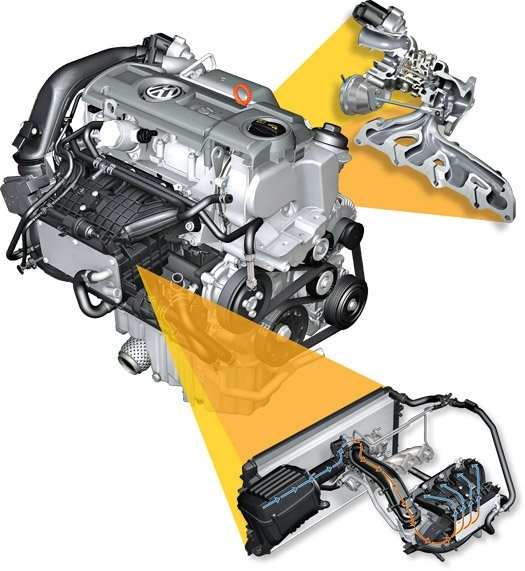Unfortunately, there’s no way to accurately predict an engine’s lifespan.
Factors Affecting Automotive Engine Longevity
It’s nearly impossible to put a hard-and-fast number on how long an automotive engine will last. Car part longevity, including engine longevity, depends on a lot of different factors. However, once you know the factors that affect your engine’s lifespan, you’ll be better able to predict its potential longevity.
One thing to note, however: Car engines are all different. As any respectable source of car part information will tell you, auto parts are individuals. So while we can give you auto part information on the general longevity of various parts of a car, individual parts may last longer or shorter lengths of time. We know that certain factors affect how long engines and other car parts last, but we can’t predict with any certainty specifically how long the engine (or other part) on a particular car will last. As the old saying goes: Your mileage may vary.
The first factor affecting how long an engine lasts is how it’s made. Automotive engines can be made from several different metals, but some of the most common are iron and aluminum. In fact, some engines are made of more than one metal. Many trucks have engines with iron blocks and aluminum heads. Generally speaking, iron-block engines tend to be more durable and last longer than other types of engines because, year after year, iron is strong enough to withstand the incredible heat an engine is capable of producing.
How the car or truck is driven also affects how long the engine lasts. The harder an engine has to work, the shorter its lifespan tends to be. Applications like towing heavy loads, repeated extreme acceleration and deceleration, revving the engine past its redline or driving at top speed for long periods of time can all decrease how long an engine lasts.
The most important factor affecting engine longevity, however, is how well the engine is maintained.

Factors Affecting Automotive Engine Longevity
by
Tags:

Leave a Reply